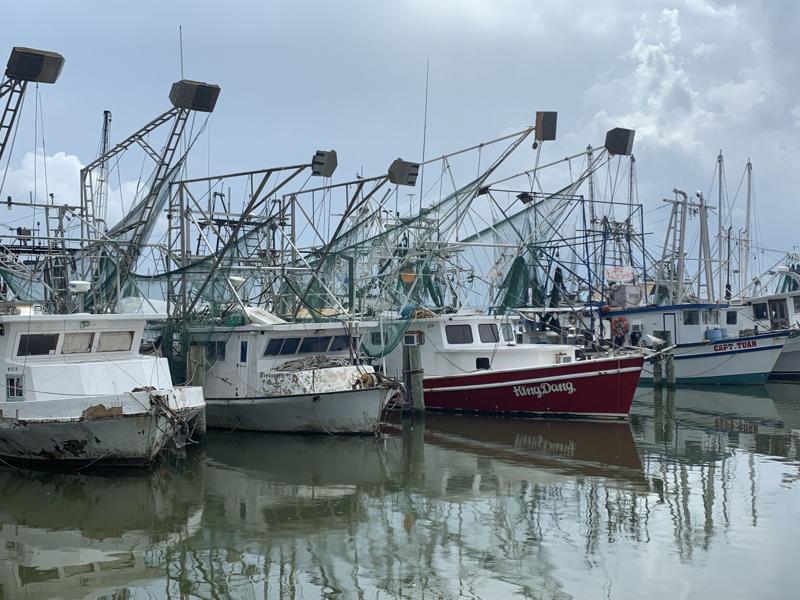Many U.S. farmers seem prepared to endure short-term trade challenges for the prospect of long-term benefits, particularly in dealings with China. Perhaps none are more prepared for that trade than shrimpers.
The latest Purdue University/CME Group Ag Economy Barometer, showed an 8-point rise in April to a reading of 148, suggesting growing optimism among farmers, even as they remain concerned about the effects of ongoing trade disputes and tariffs on the agricultural sector.
Both the Current Conditions Index and Future Expectations Index increased, despite the ongoing trade tensions with major partners.
Most surveyed farmers expressed confidence that U.S. tariffs will benefit agriculture long-term, boosting optimism about the future.
On Monday, a coalition representing four major American food industries relayed that confidence, urging President Donald Trump to impose targeted tariffs on imported honey, catfish, crawfish and shrimp. They warn that continued inaction on unfair trade could devastate domestic producers and threaten U.S. food security.
In a joint letter dated May 9, the American Honey Producers Association, Catfish Farmers of America, Crawfish Processors Alliance, Louisiana Farm Bureau Crawfish Commodity Committee, and Southern Shrimp Alliance asked Trump to take immediate trade action against what they described as years of “predatory pricing and illegal dumping” by Vietnam, China, India, and other countries.
“President Trump understands what previous administrations missed—food security is national security,” said Steven Coy, president of the American Honey Producers Association. “Strong, targeted tariffs would allow domestic producers to rebuild while ensuring pollination services critical to over 130 U.S. crops valued at $20 billion.”
The coalition’s appeal follows decades of complaints from U.S. producers who say their markets have been overrun by artificially cheap imports. These products, the groups argue, benefit from foreign government subsidies, lax food safety enforcement, currency manipulation, and forced labor—leaving American farmers and fishermen unable to compete.
Despite existing anti-dumping measures, U.S. honey producers say they’ve faced a 25-year flood of cheap imports, with prices dropping over 10% between 2022 and 2024 even as production costs rose nearly 40%.
Imports from India and Vietnam land in U.S. ports at prices more than $2 per pound below domestic production costs, according to the letter.
According to the letter, foreign markets are importing food that “frequently contains banned substances and violates U.S. safety standards” oftentimes with the use of forced labor.
Vietnam, in particular, is accused of flooding the market with shrimp and catfish-like species produced under unsafe or opaque conditions at the expense of rural American jobs.
“Imported, farm-raised seafood frequently contains banned substances and violates U.S. safety standards, yet continues entering our markets at artificially low prices,” said Kody Bieber, president of the Crawfish Processors Alliance.
In a different letter to Rep. Troy Carter, D-La., U.S. Trade Representative Jamieson Greer affirmed that the Trump administration recognizes the shrimp industry’s importance, describing the threat from foreign imports as “not just a trade issue, but one of food security, economic stability, and a level playing field.”
John Williams, executive director of the Southern Shrimp Alliance, welcomed the signal.
“We hope this means America will stop outsourcing our shrimp supply to foreign producers with questionable practices that undermine economic and food security,” Williams said.
The coalition also called on Trump to crack down on transshipment and duty evasion schemes, use emergency trade powers to regulate food-related imports, and strengthen inspections of imported food for safety violations.
“Without immediate and strategic intervention from the Trump administration, these vital American industries risk permanent damage,” said J.B. Hanks, chairman of the Louisiana Farm Bureau’s Crawfish Commodity Committee. “The livelihoods of American farmers, fishermen, and beekeepers — and the rural communities they support — hang in the balance.”






